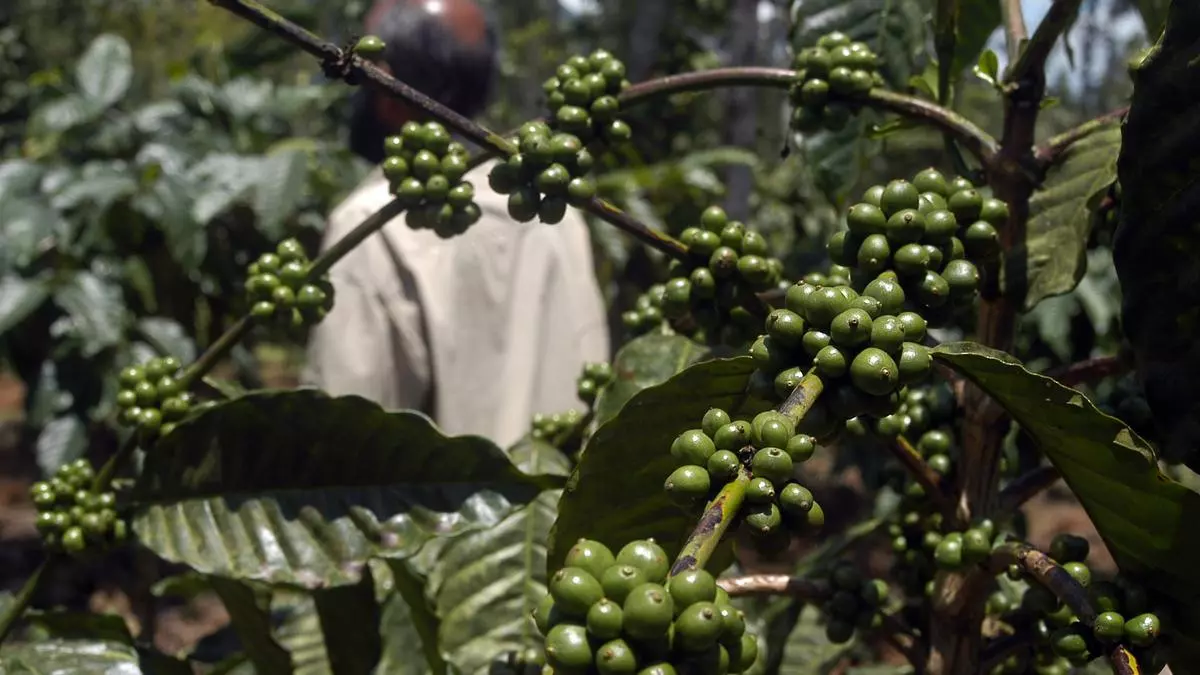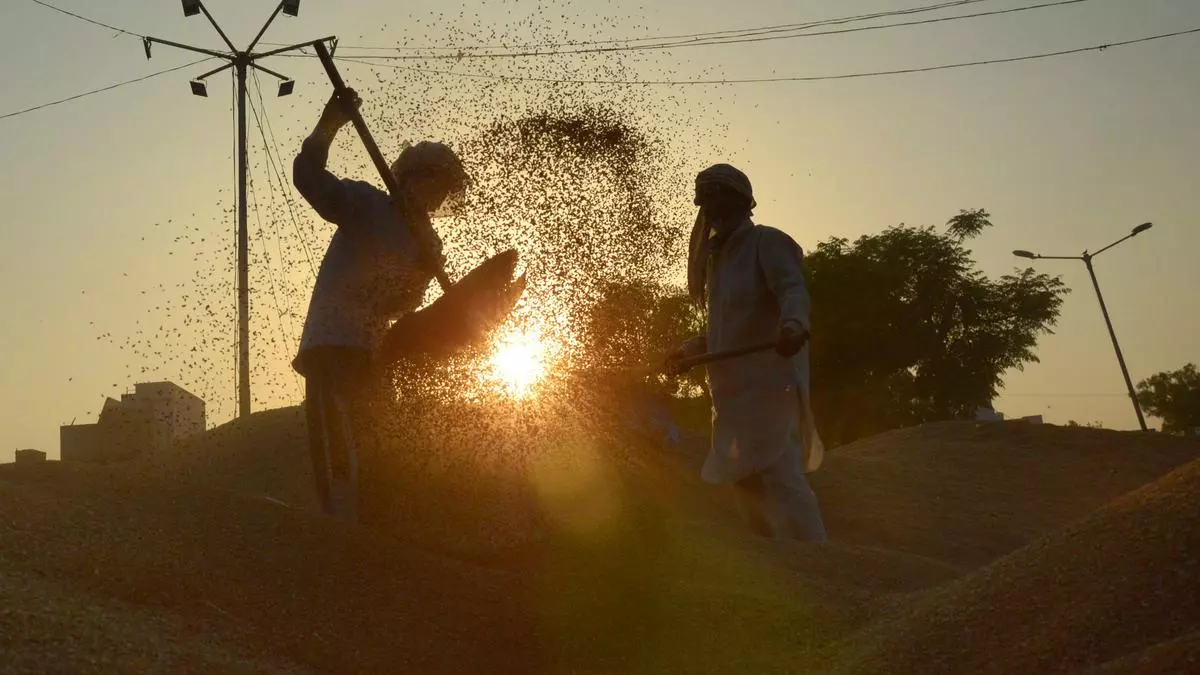
A prolonged dry spell triggered by lack of pre-monsoon showers in the key coffee producing regions of India will likely have an adverse impact on the next year crop starting October, growers fear.
The coffee growing districts of Karnataka such as Kodagu, Chikkamagaluru and Hassan and in Keralaâs Wayanad are witnessing prolonged dry spells and higher than normal temperature levels. Karnataka produces over two-thirds of the countryâs coffee output.
Three of the four major coffee-producing districts â Kodagu, Hassan and Wayanad have had âlargeâ deficiency rainfall for the cumulative period between March 1 and April 18, per India Meteorologial Department data, while Chikkamagaluru has experienced deficient rains. Some areas of Chikkamagaluru and Kodagu have received some rains in the past couple of days.
Actuall rainfall
Against a cumulative normal of 70.8 mm rains for the period March 1-April 18, Kodagu has received only 4.6 mm of rains. Wayanad has received rains of 12.5 mm against a normal of 64.2 mm for the period, while Hassan has received only 1.7 mm against a normal of 43.3 mm. Chikkamagaluru has received 23.6 mm against a normal of 46.2 mm for the period.
Growers, who have realised record prices, especially for the robustas this year on surge in global prices, are keenly looking forward to pre-monsoon showers, which are crucial for the crop setting. The timely pre-monsoon showers during March and April are crucial for triggering the flowering of coffee buds and such rain spells are called blossom showers. After a fortnight of blossoms, the coffee plantations require another round of rains called the backing showers which are crucial for the crop setting.
âThe higher temperatures with no rains will have adverse impact on the 2024-25 crop,â said KG Rajeev, Chairman, Karnataka Planters Association, adding that a clearer picture will emerge in a monthâs time. The prolonged dry spell has created a conducive environment for the flare-up of white stem borer infestation in the arabica variety. Lack of trained labour in detecting WSB infested plants is adding to the worries of the arabica growers, he said.
Few options for growers
WSB is considered to be the dreaded pest infesting arabicas. Growers have no other option but to uproot the infested plants and the prevailing hot conditions are conducive for the flight period of the pest, growers said.
A Nanda Belliappa, Chairman of Codagu Planters Association, said the pre-monsoon showers have been sporadic in some areas and are inadequate. Growers who have water availability have taken up irrigation for the robusta crop, Belliappa said adding that about 60 per cent of the coffee areas are seen vulnerable for the prevailing hot conditions. The impact of the lack of rains will be known in a monthâs time, he said.
âArabica crop will be poor this year,â said Bose Mandanna, a large grower in Suntikoppa. âThe temperatures are above normal by 2-3 degrees this year and the lack of rains have multiplied the problems for growers as the plants are weak. Even the pepper vines have started wilting due to the scorching heat,â Mandanna said.
 Indiaâs coffee output for the 2023-24 crop year, per the State-run Coffee Boardâs post blossom estimates, is pegged at 3.74 lakh tonnes comprising 2.61 lakh tonnes of robustas and 1.13 lakh tonnes of arabicas.
Crime Today News | Business & Economy
Source | Powered by Yes Mom Hosting





